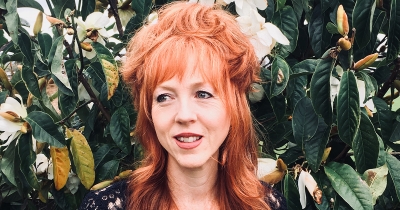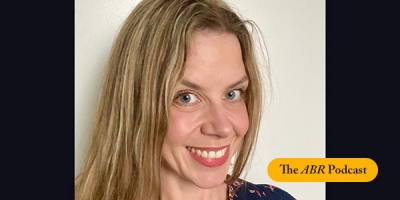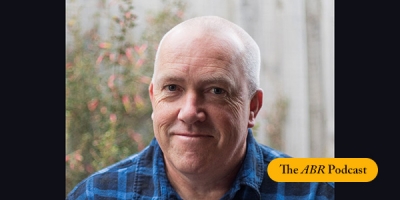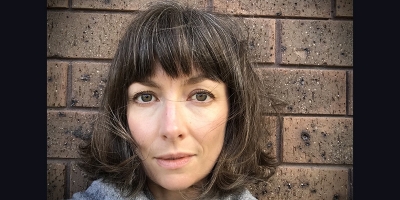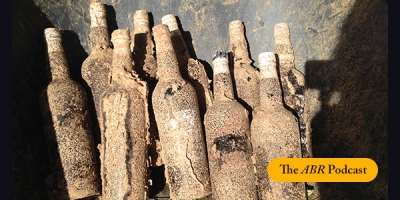Calibre Essay
In this week’s ABR Podcast Sascha Morrell reviews Matthew Lamb’s biography, Frank Moorhouse: Strange paths. Mathew Lamb might be the ideal reader for Moorhouse’s archive and seems to match Moorhouse’s capacity for telling the truth ‘bit by bit’, wink by nudge. Sascha Morrell is a regular ABR contributor and a Lecturer in Literary Studies at Monash University. Listen to Sascha Morrell’s ‘“When I am famous”: A masterpiece of biographical synthesis’, published in the April issue of ABR.
... (read more)On this week’s ABR Podcast, we return to the winner of the 2016 Calibre Essay Prize, Michael Winkler’s ‘The Great Red Whale’. As ABR remarked at the time, ‘This excoriating yet remarkably subtle meditation is also a tribute to consolations: landscape, specifically the desert of Central Australia, and literature, notably Moby-Dick.’ Here is Michael Winkler with ‘The Great Red Whale’.
... (read more)This ABR Podcast features one of the eleven shortlisted entries in the 2023 Calibre Essay Prize, ‘The Morning Belongs to Us’, by Siobhan Kavanagh. The 2024 Calibre Essay Prize, worth a total of $10,000, is now open for entries and will be closed on the 22nd of January 2024. Full details can be found on the ABR website. Listen to Siobhan Kavanagh’s ‘The Morning Belongs to Us’, published in the November issue of ABR
... (read more)In Australia, fewer than one in three expected deaths takes place outside an institution, but eighty per cent of people say they would rather die at home.
... (read more)When my husband died a while back, I was left with my memories and a house full of books. Harold was so ill, and for so long, that what I felt in those first few days after his death was a dulled feeling, ‘It’s over’. Not relief, certainly not joy, not even sorrow, but a blank sense of inevitability: ‘All over’: the end to the terrible struggle of the past few years, the harder struggle of the last few months, and the merciful oblivion of the last few days.
My husband had so many books, so lovingly collected. On various scraps of paper, inscribed at different times and places, he left contradictory instructions about what was to happen to his books when he died. Until I work out what to do, I have become caretaker of the books.
... (read more)
